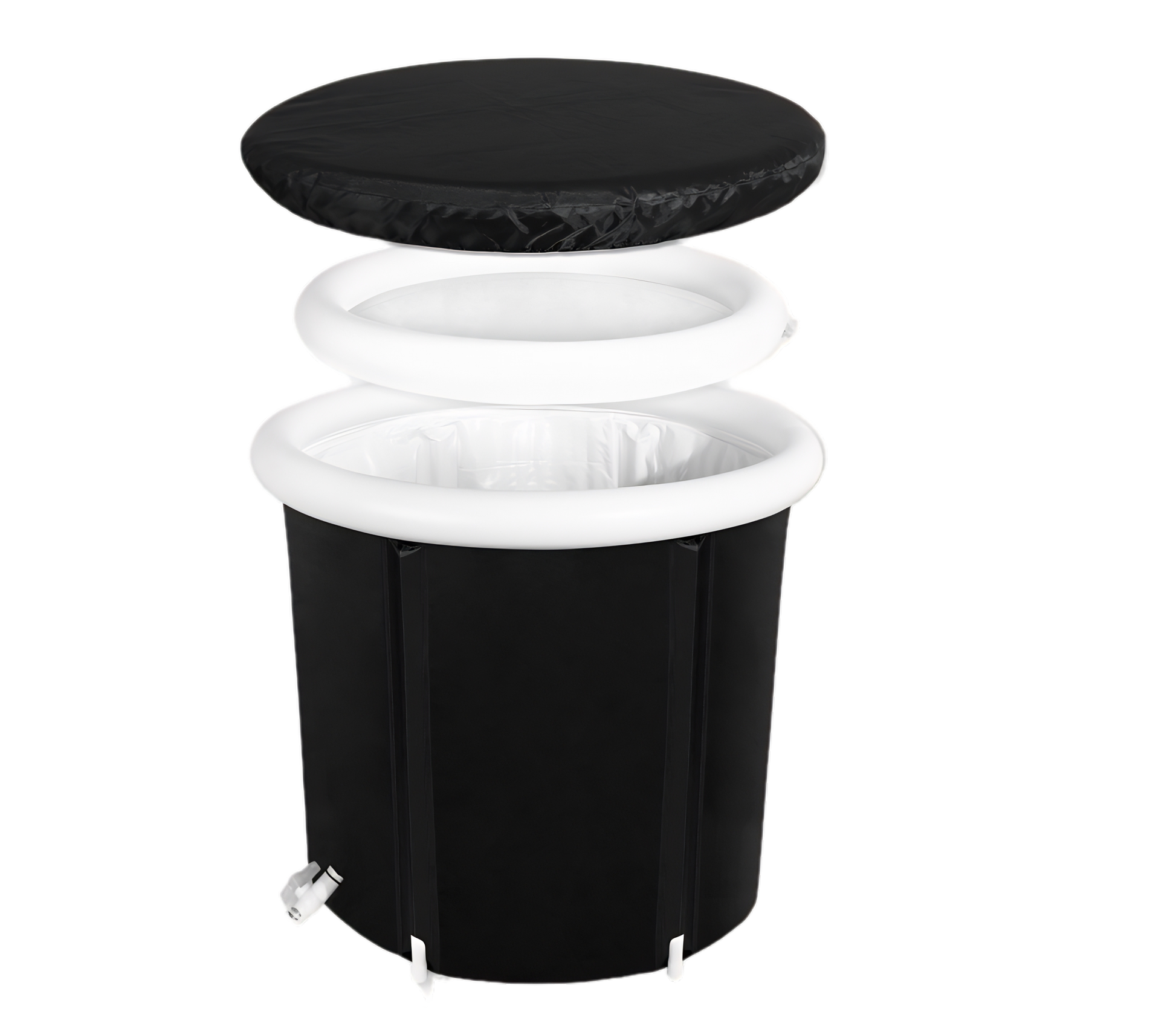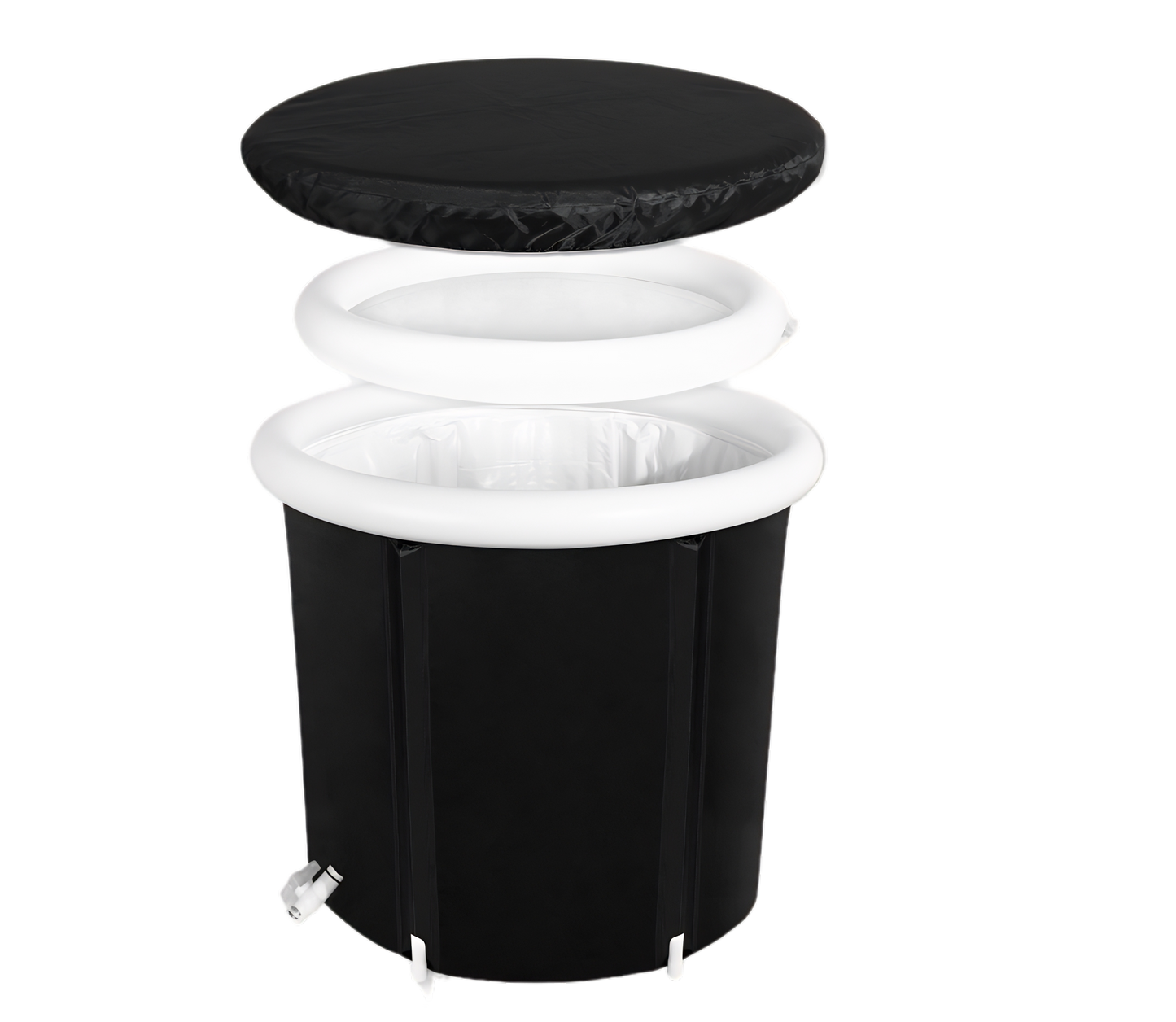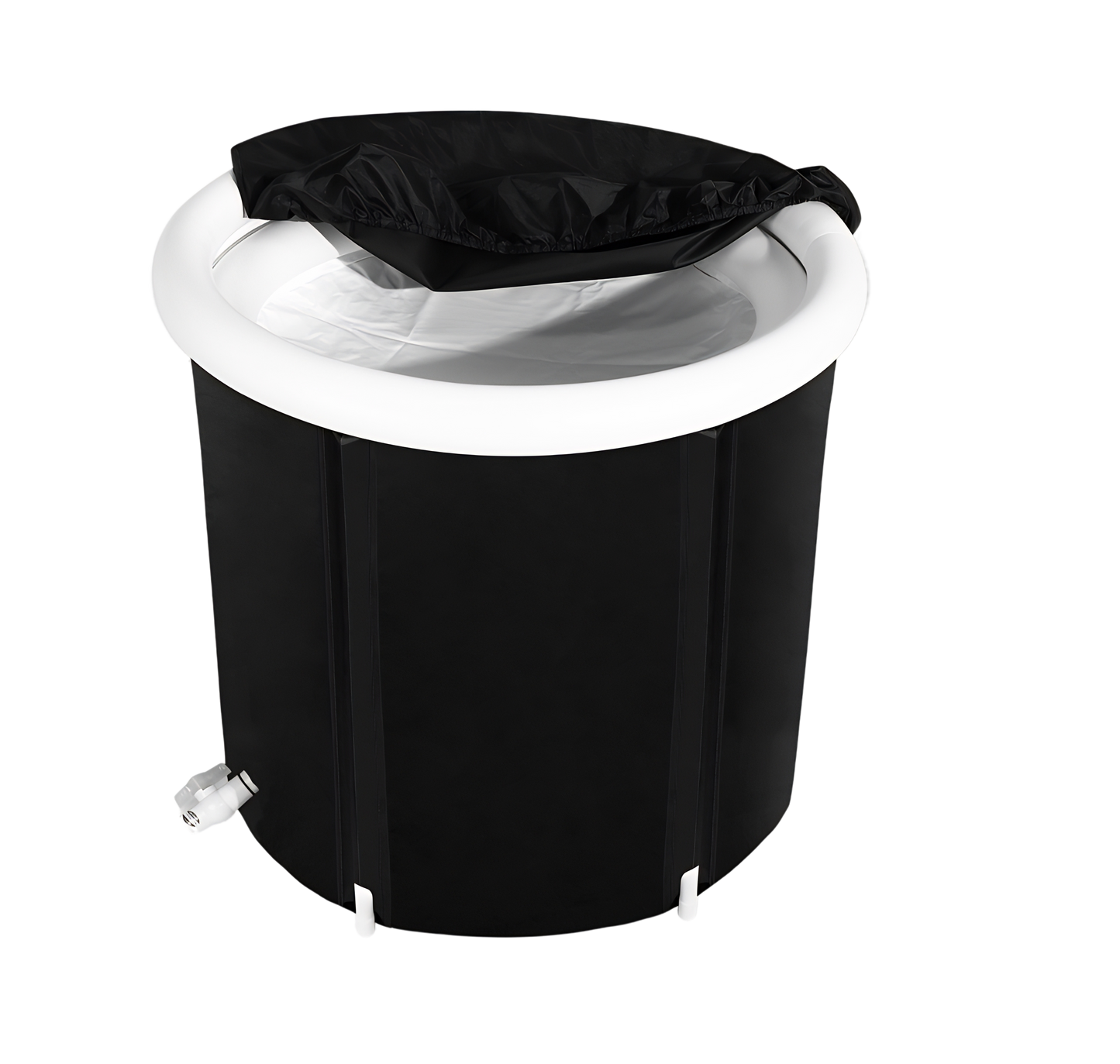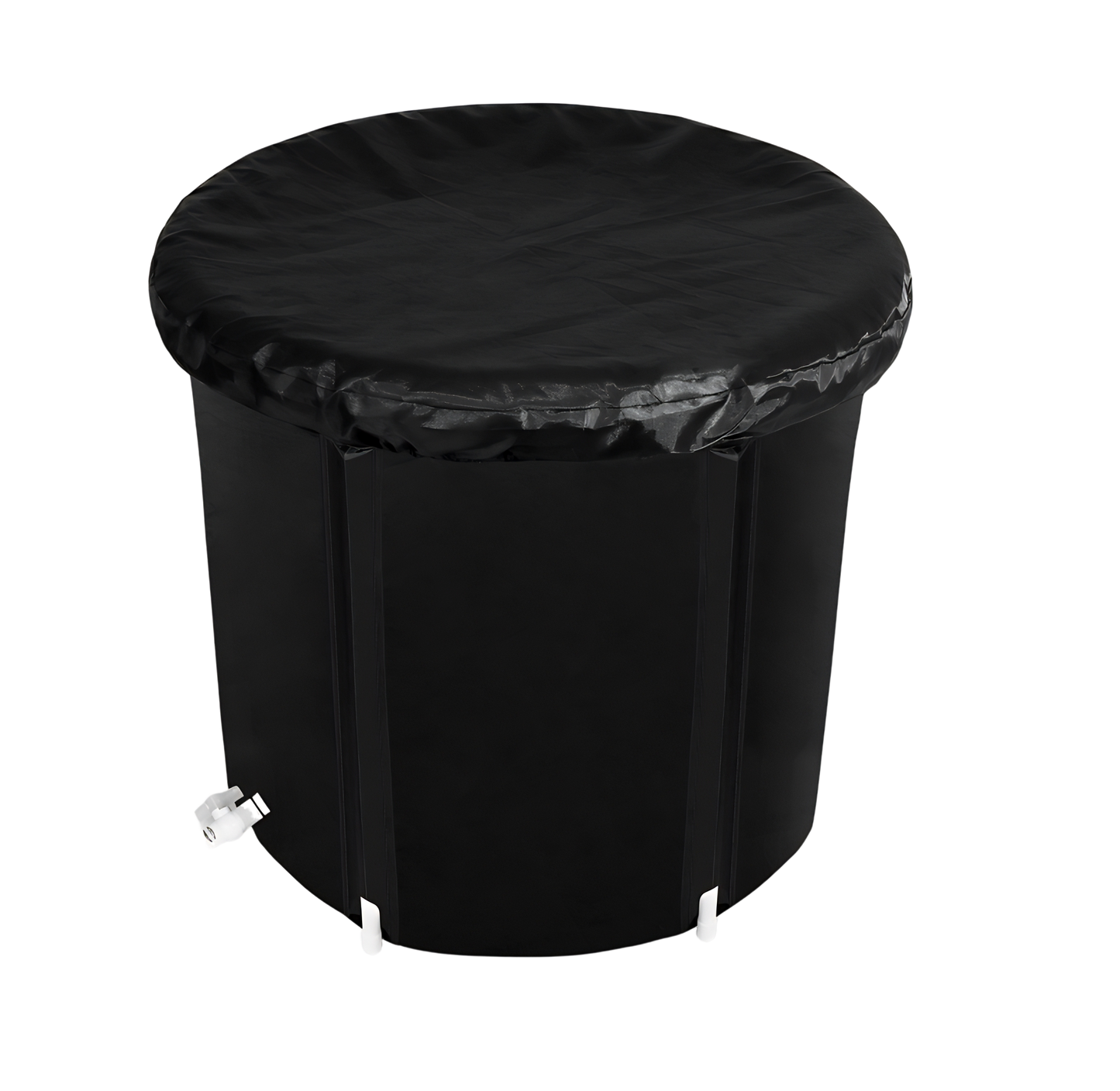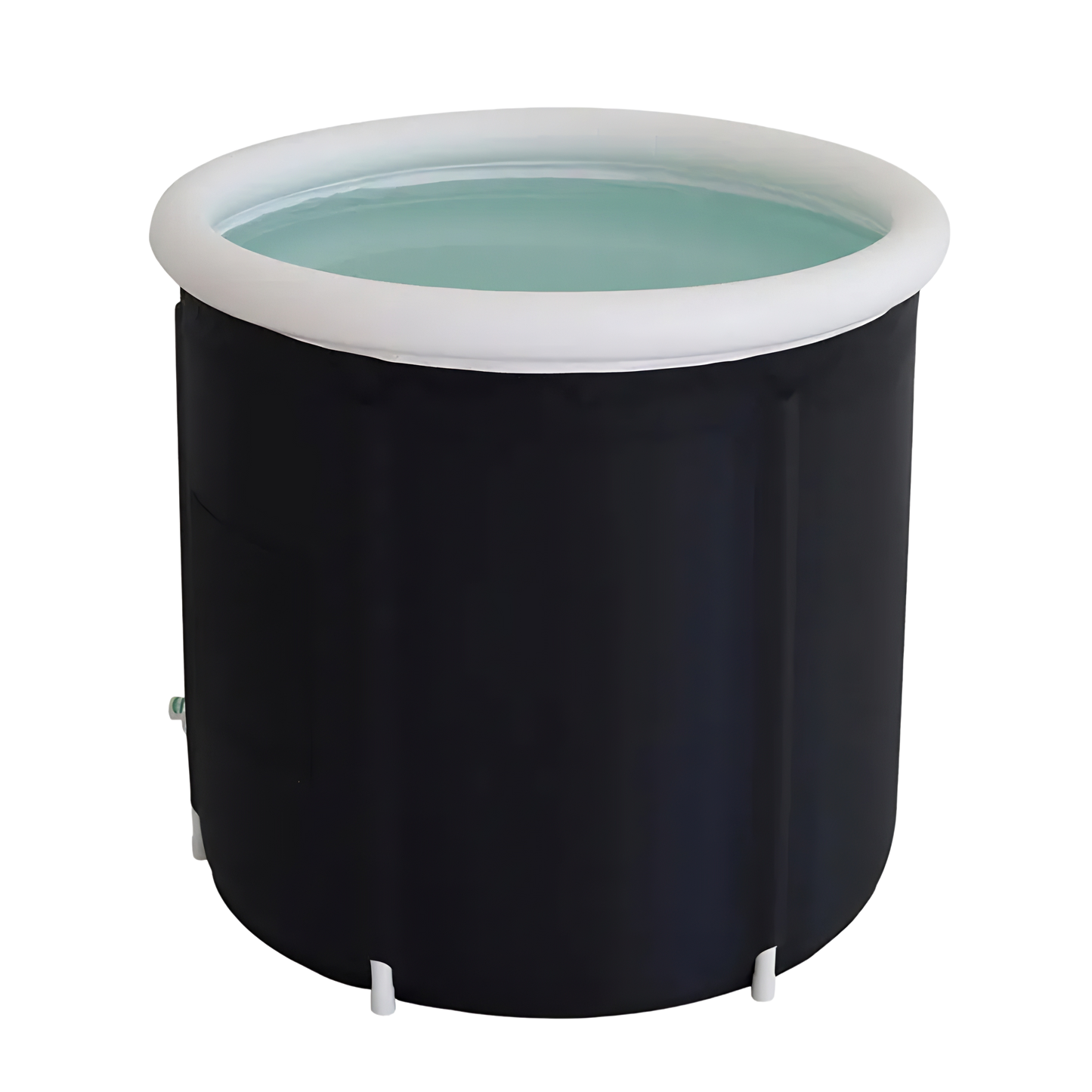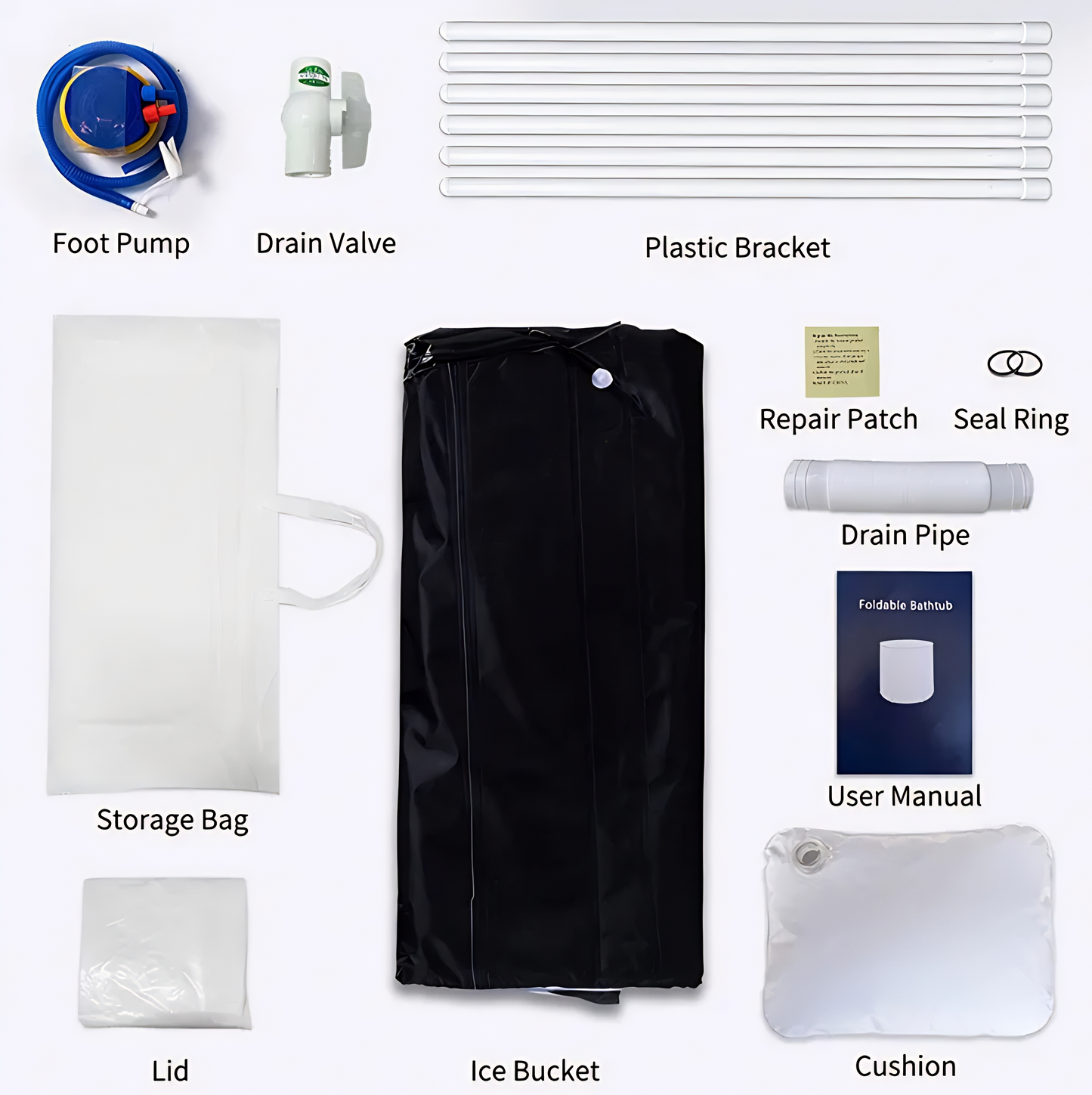 Image of the human brain; credit: The Hans India,
Image of the human brain; credit: The Hans India,
https://www.thehansindia.com/life-style/health/regions-of-brain-where-serotonin-promotes-patience-identified-658926
Ice Baths: A Brief Overview
Before diving into the serotonin connection, let's understand ice baths. Now firstly, if you haven't already heard, the best quality portable ice baths are those that are manufactured by Aussie Ice Baths! Haha no, we will stop with the shameless plug now, carry on reading. Cold water immersion, or ice baths, involves submerging the body in water temperatures ranging between 50 to 59°F (10 to 15°C). Athletes and health enthusiasts advocate for its benefits, from reducing muscle inflammation to enhancing overall well-being.
The Science Behind Serotonin and Cold Exposure
Research has shown that cold exposure can stimulate the production of norepinephrine, another neurotransmitter linked to mood regulation. While norepinephrine and serotonin are distinct, they are interconnected in the body's complex biochemical pathways. Some studies suggest that consistent cold exposure, like that from regular ice baths, might indirectly influence serotonin levels by affecting these pathways.

Hormone norepinephrine; credit: Timonina / Shutterstock
The Mood-Elevating Effects of Cold Water
Ditch the 6-pack of beer or whatever other substances you use to get a buzz. Anecdotal evidence abounds with individuals reporting elevated moods and feelings of euphoria after an ice bath. This post-immersion 'high' could be attributed to a combination of factors, including the body's response to stress and the potential uptick in serotonin and other neurotransmitters - that feel-good goodness.
Factors to Consider
While the idea of ice baths boosting serotonin is enticing, it's essential to approach it with caution. Don't just dive right in, weigh up how you want to best go about this and make sure it is the right recovery method for you; individual responses can vary, and factors like immersion duration, water temperature, and one's health can influence the results.

Serotonin Molecule; credit Wikipedia, https://en.wikipedia.org/wiki/Serotonin.
Conclusion: The Verdict on Ice Baths and Serotonin
While definitive research directly linking ice baths to increased serotonin levels is limited, the potential mood-enhancing effects of cold water immersion are UNDENIABLE. As science, and all you budding ice bath enthusiasts at home continue to explore this relationship, one thing remains clear: ice baths, when done safely, offer myriad benefits that extend beyond just physical recovery.
FAQs:
-
Can ice baths improve mood?
- Many individuals report mood elevation after ice baths, potentially due to a combination of neurotransmitter activity and the body's response to cold stress.
-
How often should one take ice baths for potential serotonin benefits?
- While there's no set frequency, it's essential to listen to one's body and consult with healthcare professionals to determine a safe and beneficial routine.
-
Are there risks associated with ice baths?
- Yes, potential risks include hypothermia and cardiovascular stress. It's crucial to be informed and take precautions. See our article on Ice Bath Risks for more.

